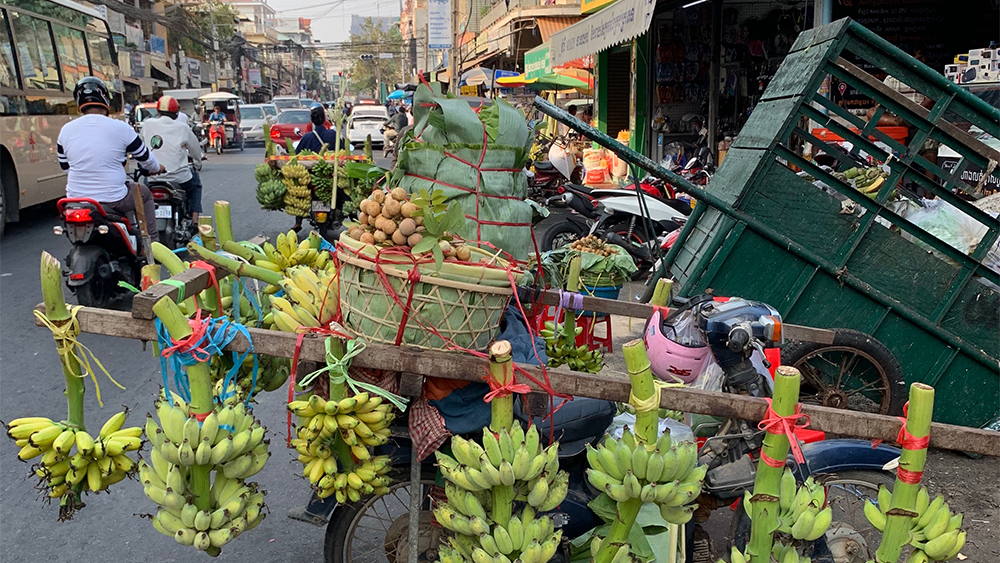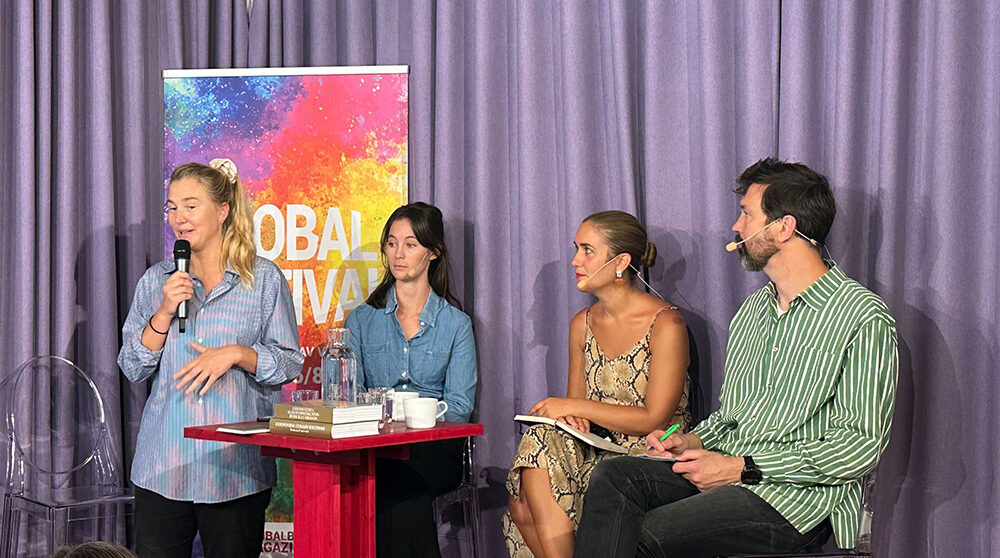FN:s jordbruksfond IFAD har som syfte att stärka livsmedelssäkerheten i världen och stödja mindre jordbrukare. Samtidigt är fonden en lojal del av det FN-system som får hård kritik inför UN Food Systems Summit för att vara styrt av mäktiga industriintressen.
I IFAD:s Rural Development Report som nyligen publicerats skriver kräver IFAD bland annat:
- Investera i småbönder och lokala matproducenter
- Satsa på digitala tekniker och så kallad agro-ecology för att boosta lokal matproduktion och skapa hållbart och klimatanpassad matproduktion
- Inför rättvisare prissättning av mat
- Satsa på produktion av näringsrik och hälsosam mat. Tre miljarder människor, mer än en tredjedel av jordens befolkning, har inte råd med bra mat.
- Den nuvarande maktkoncentrationen inom livsmedelssystemen måste förändras. Regler och handel måste skifta till bättre och rättvisare för den landsbygdsbefolkning i fattiga delar av världen som står för stora delar av världens matförsörjning (världens 500 miljoner småskaliga bönder producerar ungefär en tredjedel av planetens mat och så mycket som 80% av maten i delar av Afrika och Asien.)
IFAD om kritiken mot FN-mötet
Global Bar Magazine har frågat IFAD vad man anser om den kritik som framförts inför mötet. Nedan det skriftliga svar (på engelska) som vi fått från Christine Ciccione, IFAD:s särskilda rådgivare inför UN Food Systems Summit:
What does IFAD think about the criticism made by a number of organizations against the meeting being controlled by large companies?
”We are all in this together, and all need to play our part. Ending hunger and poverty, reaching the SDGs by 2030 and addressing global challenges such as climate change and youth unemployment requires a significant scale up of action and resources and will not be possible without the funding, knowledge and expertise from the private sector. Public funds will not suffice.
IFAD works to advocate for more investment in rural people and rural development, IFAD engages with a range of actors, from farmers and Indigenous Peoples’ organisations, governments and women cooperatives to the private sector, and the World Economic Forum.
The private sector holds the potential to generate much-needed investment in agriculture and food systems and to ensure responsible and sustainable supply chains that ensure decent livelihoods and benefit small-scale producers, workers and consumers.”
What does IFAD think of the alternative meeting, the People’s Summit, and the demands made there?
”This has been an open process – a People´s Summit that welcomed broad participation. While it is of course challenging to include all voices, civil society has been involved in the FSS. Around a third of the groups leading the Action Tracks are farmer and civil society organisations.
What is really important is that food systems are now in the international spotlight and that there is a global conversation on how to transform the way we produce, sell and consume food to be more sustainable and equitable.
IFAD has strived to ensure that the FSS is bringing together a vast range of voices – particularly those of small-scale farmers, indigenous peoples, rural women and youth, who usually do not have a seat at the table.”
David Isaksson


